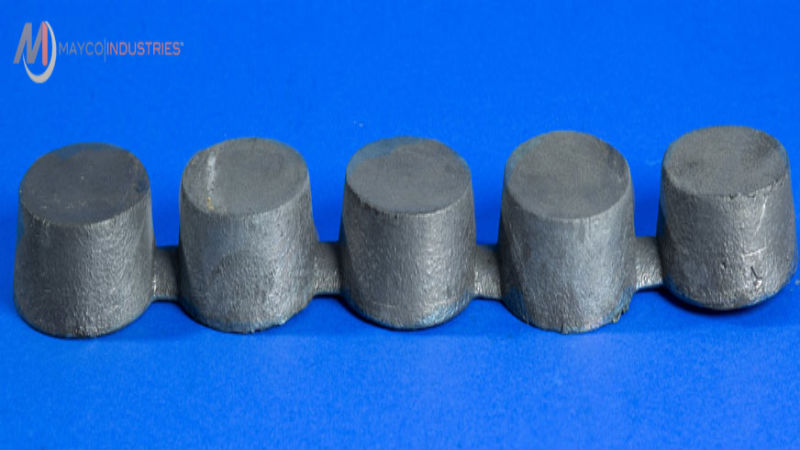Pressure measuring instruments employed in industrial or institutional sterile processes face a multiple of challenges. When selecting a sanitary pressure gauge, a company must carefully examine it – considering specific characteristics. It is important the pressure gauge be able to address the concerns of the company, governmental regulatory agencies and quality control issues. Overall, choosing the right sanitary pressure gauges depends upon recognizing its capability to meet the necessary requirements for the job. To meet the challenge of the modern technological workplace environment, it must possess certain characteristics.
Characteristics
Sanitary pressure gauges are a component of diverse environments. Whatever their location, they must meet the demands put upon them. In order for them to operate optimally, fulfilling their intended use, they must possess the following qualities or characteristics:
* Durability: Pressure gauges in clean-in-place (CIP) systems must endure alkali or acid-based cleaning solutions. They undergo repeated cycles of washing, rinsing and draining.
* Temperature Resistance: The trend is towards increasingly higher temperatures for the Sterilization-in-Place (SIP). A sanitary pressure gauge must be able to withstand the specified steam-heat sterilization process. Moreover, it must endure this for a set time repeatedly.
* Material: Must be compatible with the medium. One common metal for sanitary pressure gauges is austenitic stainless steels. It is corrosion resistant. However, titanium and Inconel are two other options.
* Accuracy: No matter what the pressures, high temperatures or other factors, the sanitary pressure gauges must maintain accuracy at measuring pressure.
In essence, the gauge must be remarkably tough.
Sanitary Pressure Gauge: Accurate, Reliable and Durable
Companies planning to install a sanitary pressure gauge must consider several variables including application and operating environment. When choosing the right type of pressure gauge, it is imperative it meets certain criteria. Those that are quality products will meet the high demands placed upon them, resisting the agencies that can destroy their accuracy including corrosive detergents, high temperatures and higher levels of pressure.


